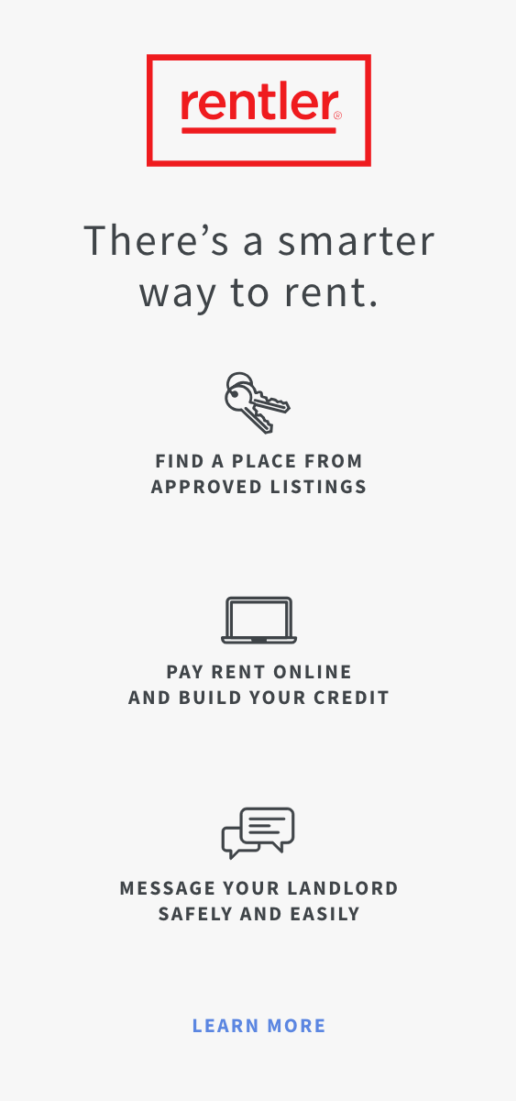When it comes to financial assets, few are more important than your primary residence. After all, most people will spend the bulk of their adult life in their home, and home ownership is one of the most reliable ways to build wealth over time. But whether or not you buy a home is a big decision with pros and cons that may not be obvious to first-time home buyers and renters alike.
Home ownership offers some clear advantages: It’s one of the only types of investments that you don’t have to pay back. You can deduct mortgage interest payments from your taxes every year. Also, because your home is usually your largest asset, owning it instead of renting it can lead to lower monthly housing expenses in the long term.
Read on to learn about some potential pros and cons of owning vs. renting a home as an investment from a financial professional’s perspective.
Pro: Building Wealth Over Time
Homeownership can be a great investment over time because in addition to the fair market value of the property, you can also count the increase in your home’s value as a profit. That’s because when you sell the home, you’re likely to recoup at least some of the money you put into it in the form of closing costs and repairs. If you buy a home for $150,000, for example, and then sell it for $200,000 after five years, you’ll make a $50,000 profit.
In order to get the funds needed to secure a property, you may need to take out a cash advance loan. The market value of your home at the time of sale is one of the biggest factors in determining how much you’ll be able to get for it. That’s why it’s important to buy when housing prices are low—and to make sure you’re getting a good deal when you buy.
Pro: Tax Deductions for Your Mortgage
One of the biggest costs of homeownership is the mortgage payment. One thing to keep in mind about the mortgage interest deduction is that you’ll only be able to deduct the interest you pay on a mortgage that’s on your primary residence. You won’t be able to deduct the interest on a second home, a vacation house, or an investment property.
That’s not a bad thing, since it’s designed to incentivize people to buy homes and put first-time home buyers on a level playing field with long-time homeowners. That being said, the mortgage interest deduction is on the chopping block as lawmakers debate ways to make the tax code more fair and efficient.
It’s possible that the mortgage interest deduction will only be available at the same level it is now or that it will be eliminated entirely.
Pro: You Own Something at the End
When you rent a home, your landlord can come and kick you out whenever they want. But when you own a home, you have a guaranteed place to live as long as you keep up with the mortgage payments. This can be a big advantage if you’re single and want to be able to live where you want without having to worry about finding a landlord who will rent to you. Or, if you’re in a relationship and one of you is likely to move around for work sometimes, owning a home can mean that you’ll have a place to come back to.
Con: Your Net Worth Isn’t Growing as Fast
One of the biggest advantages homeownership has over renting is that you’ll build equity in your home. In other words, over time you’ll own a bigger chunk of the house as you make payments. That equity can then be used as collateral for a loan (like a home equity loan) or sold off as cash if you ever need it.
At the end of the day, the value of your home will be the biggest factor in determining how wealthy you are. The more you pay for your home, the more equity you’ll have and the more it will be worth. But if you rent a home instead, you can use your savings to invest in other assets that will grow more quickly and make more money.
Con: Risk of Capital Loss, Especially in Big Cities
Homeownership comes with some risk. You could lose money if housing prices drop. But there’s a chance that your investment could lose money, even if prices stay about the same. You could lose money if you have to sell your home for a lower price than you bought it for.
Your home’s market value is just what someone is willing to pay for it and it’s different from one person to another. So, someone might offer you a low price for your home even if you think it’s worth more. Or you could have an agent who lowballs the price of your home.
Con: You’re Just Storing Cash Right Now
Homeownership can be a great investment, but it’s not an investment in the typical sense. After all, you’re just storing cash in a home. And while that may lead to appreciation in the long run, it’s not guaranteed. In fact, there are many factors that can affect that price.
If you rent a home instead, you can invest that money in ways that are more likely to make you money quickly, like stocks, bonds, or other types of asset-backed securities. You can also put money into a retirement account, like an RRSP or a TFSA. The government lets you deduct contributions from your taxes, and you don’t have to pay those funds back.
Bottom Line: Is Home Ownership Worth It?
Homeownership can be a great investment and allow you to build long-term wealth. But it’s not a sure thing, and you have to be prepared for some risk. You also have to be willing to put in time and effort to maintain your home and keep it in good condition. If you’re willing to make those sacrifices, though, there’s no better investment than your primary residence.
And if you do it right, you may not even have to rent again. At the end of the day, if you want to be a homeowner, go for it. Just make sure you’re doing it for the right reasons and you understand the costs and benefits.



